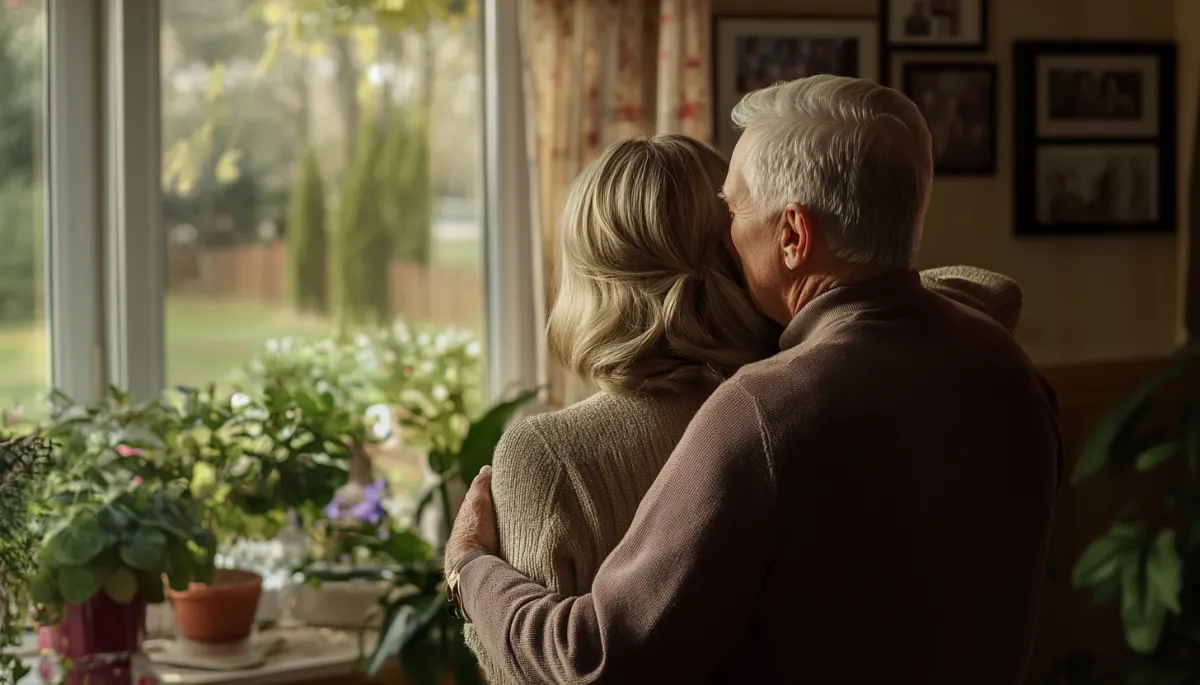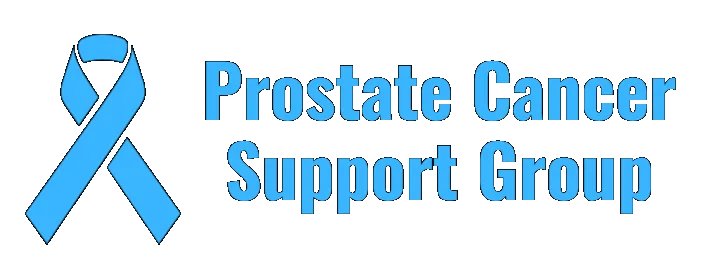Managing Sexual Health Post-Prostate Cancer Treatment
January 12, 2025, by Coach Brian McCarthy

"Navigating the aftermath of prostate cancer treatment can feel like charting a course through uncharted waters." - CLC Brian McCarthy
🌺 Our mission is to offer guidance, emotional support, and practical tools to individuals and their families facing the journey of prostate cancer, helping them enhance their quality of life, foster strong relationships
within their families and find moments of joy amidst difficult circumstances.
For many men, the journey through diagnosis and treatment is fraught with physical and emotional challenges that extend far beyond the doctor's office. While survival is often the primary focus, an equally important aspect—regaining intimacy can be shrouded in silence and misunderstanding. It’s a topic that many find difficult to discuss, yet it holds the key to revitalizing relationships and restoring confidence.
The Spectrum of Sexual Side Effects Post-Prostate Cancer Treatment
From ED to changes in orgasm and libido.
Navigating the journey after prostate cancer treatment often unveils a complex landscape of sexual side effects that can be as challenging as the diagnosis itself. While erectile dysfunction (ED) is perhaps the most widely discussed consequence, it’s essential to consider how prostate treatments—whether surgery, radiation, or hormone therapy—can also reshape orgasm experiences and alter libido levels. The physical changes prompted by these interventions can create not just physiological but emotional rifts in intimacy and connection, leaving many men feeling isolated in their struggles.
Interestingly, research highlights that the perception of masculinity and sexual identity is deeply intertwined with one’s ability to engage intimately. Men may find themselves grappling with feelings of inadequacy or anxiety about their performance post-treatment. This psychological aspect sheds light on a critical area often overlooked; support systems that include partners and therapeutic resources can play an invaluable role in fostering open dialogue about these changes.
Understanding that each man’s experience is unique helps dismantle stereotypes associated with masculinity and sexuality, paving the way for healthier conversations around intimacy—even amidst adversity. By reframing the narrative around these side effects, we can better support patients on their journey toward reclaiming joy in their intimate lives.
Sexual Rehabilitation and Treatment Options Post-Prostate Cancer Treatment
Medications, devices, and therapies.
Sexual rehabilitation post-prostate cancer treatment is an essential but often overlooked aspect of recovery, significantly impacting quality of life. For many men, the journey towards reclaiming intimacy can involve a range of medications that address erectile dysfunction (ED). Phosphodiesterase type 5 inhibitors, like sildenafil and tadalafil, are well-known options; however, newer treatments like alprostadil offer more targeted relief through self-injection or intraurethral applications. These medications empower patients with choices tailored to their comfort levels and specific conditions.
In addition to pharmacological treatments, medical devices such as vacuum erection devices (VEDs) play a vital role in promoting physiological response and enhancing sexual confidence. These non-invasive tools create an effective pathway for blood flow without the risks associated with invasive methods. Moreover, emerging therapies focusing on penile rehabilitation aim to preserve erectile function by stimulating nerves and vascular systems post-surgery—opening doors for innovative approaches in recovery that go beyond traditional methods.
Emotional and relational dimensions should not be underestimated; counseling or sex therapy can provide crucial support for both partners navigating this sensitive landscape together. By fostering open dialogues about fears, desires, and expectations surrounding intimacy after treatment, couples can rediscover connection in new ways—even engaging in practices such as mindfulness or intimacy-building exercises that nurture emotional bonds while addressing physical changes. Ultimately, embracing a multifaceted approach that combines medication, devices, therapy, and open communication lays the groundwork for a fulfilling sexual relationship after prostate cancer treatment.
Maintaining Intimacy Post-Prostate Cancer Treatment
Advice for patients and partners on adapting to new norms.
Navigating intimacy after prostate cancer treatment can be challenging, yet it opens up avenues for deeper emotional connection. Many couples find that leaning into vulnerability becomes a catalyst for closeness. Partners are encouraged to communicate openly about their feelings and desires, which can foster an atmosphere of understanding that transcends physical changes. Exploring non-sexual forms of affection, such as cuddling or holding hands, helps maintain intimacy without the pressure to perform, allowing both partners to reconnect on an emotional level.
Adaptation also means embracing new ways of experiencing pleasure together. Couples might experiment with different types of intimacy that shift the focus from traditional sexual norms to shared activities and explorations that spark joy and connection. Consider planning date nights centered around mutual interests—such as cooking together or exploring nature—that reinforce partnership beyond physicality.
Engaging in therapy or support groups designed for cancer survivors and their loved ones can also provide valuable insights and tools for adapting your relationship dynamic while reinforcing the love that brought you together in the first place. Ultimately, acknowledging the journey rather than shying away from it empowers relationships to evolve beautifully through resilience and shared experiences.
Next Steps
Let us be your beacon of hope during this challenging journey. From emotional support to practical strategies, we tailor our coaching sessions to help you manage the roller coaster of emotions that come with dealing with prostate cancer. Together, we’ll empower you to stay strong, resilient, and optimistic in the face of adversity.
Use the calendar below to book your complementary discovery call on ‘Managing Sexual Health Post-Prostate Cancer Treatment’ or to discuss our coaching services for you and your family.
Don’t wait… your mental well-being matters just as much as your physical health – let us walk beside you every step of the way! – book your FREE conversation to discuss how we can help you today!

